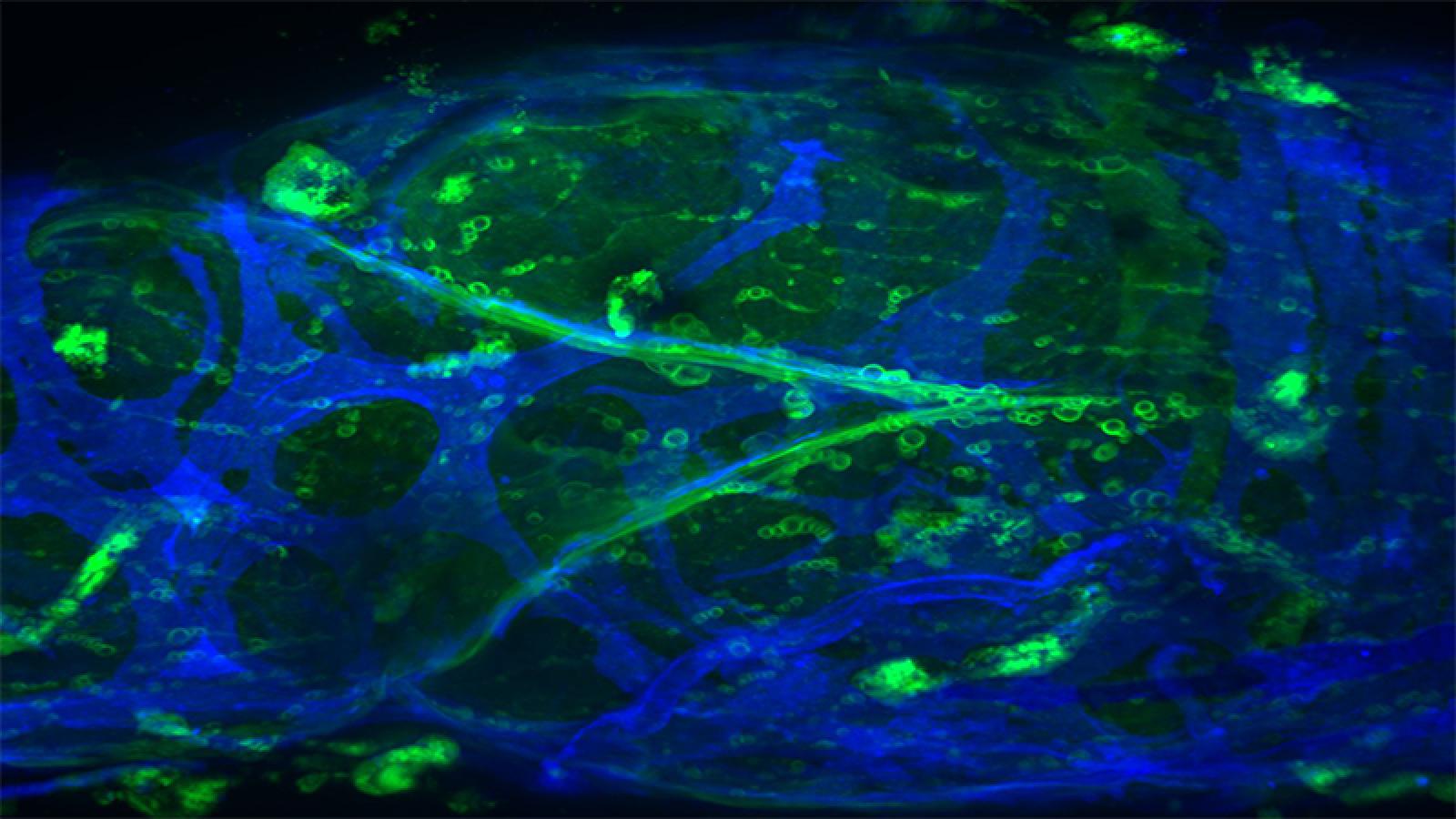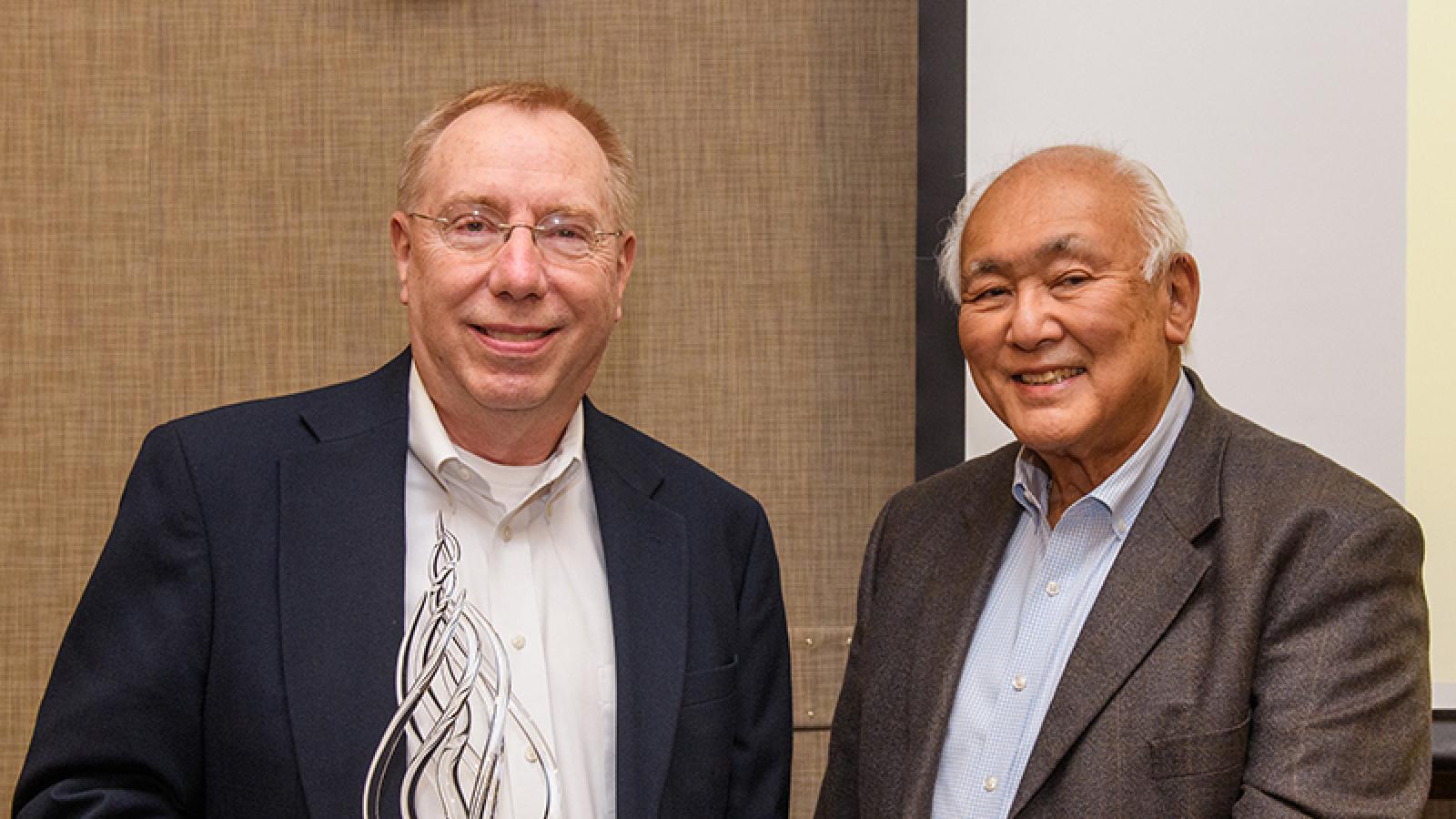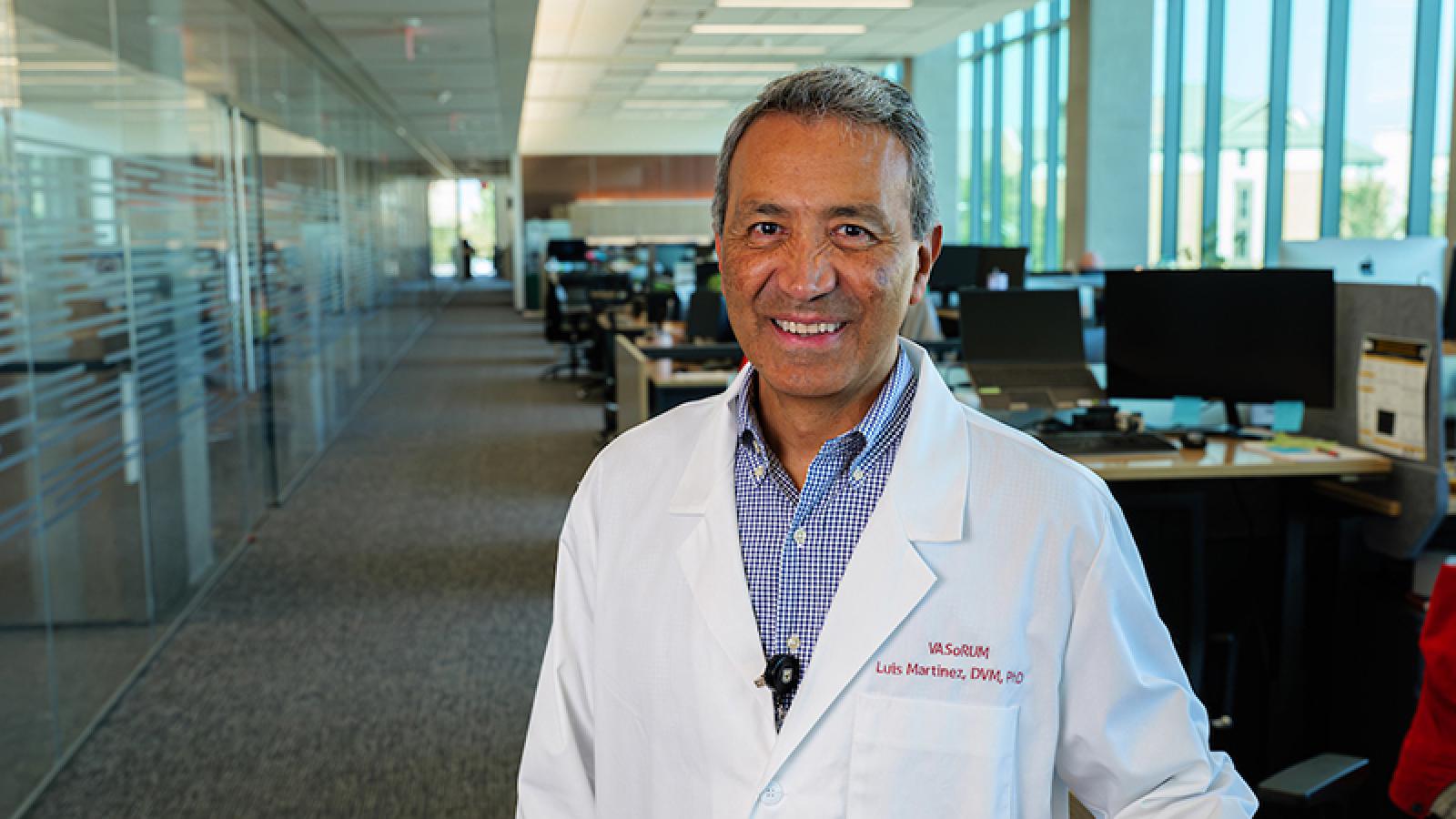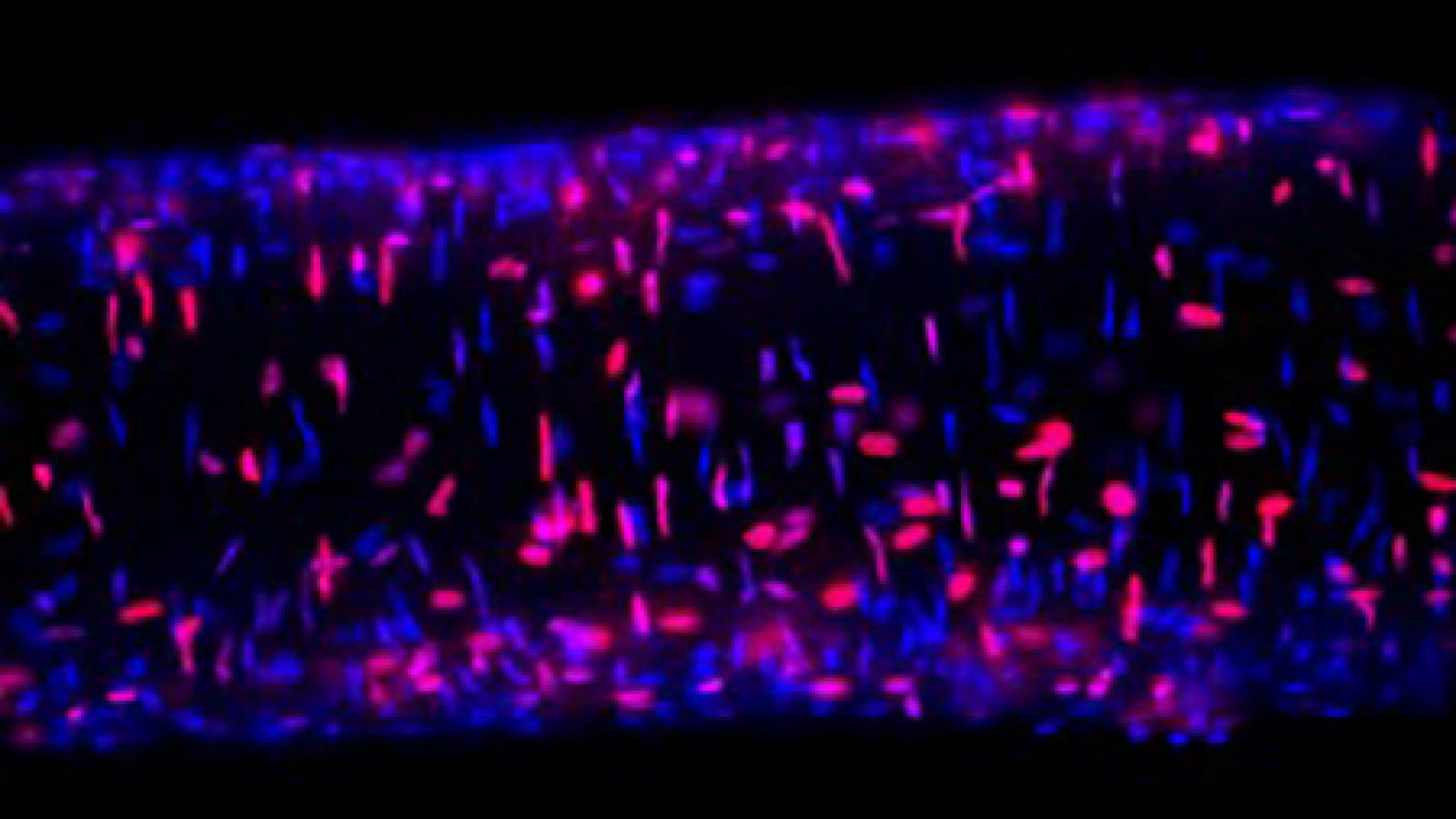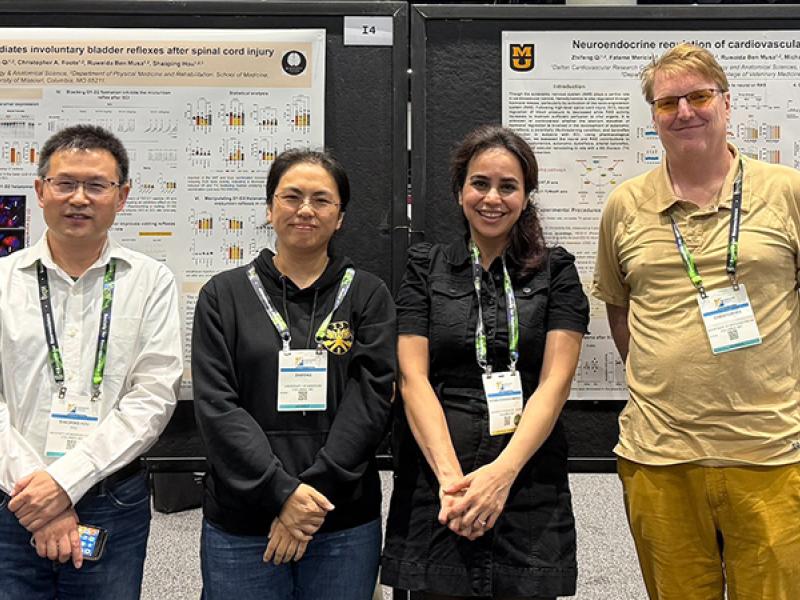In very broad terms, pharmacology is the study of interactions of chemicals with living organisms to produce biological effects. When such chemical interactions are applied to the treatment or cure of disease, the chemicals are often called drugs.
Pharmacology is concerned with all aspects of chemicals interacting with biological systems — from the molecular level to the whole body. Thus, pharmacology relies on knowledge of physiology, biochemistry, molecular biology and other scientific disciplines to understand how drugs produce their effects.
A fundamental concept of pharmacology is that drugs bind to receptors to produce cellular responses. The observation that certain drugs interact with endogenous receptor molecules has led to the identification of the naturally occurring neurotransmitters, hormones or chemicals that activate that receptor and regulate a physiological response.
Here at MU, the medical pharmacology and physiology faculty members are actively involved in studying the regulation, expression and identification of receptors, neurotransmitters, hormones, growth factors and the transmembrane signal transduction process, which modulate ion transport and regulate proliferation, differentiation and apoptosis.
Physiology is among the oldest disciplines of the basic biomedical sciences. The goal of physiological research is to understand the integrative function of living organisms from the level of molecules, to cells, to organs, to the whole organism. Research in physiology involves studies employing techniques from a variety of fields in order to understand the integration of mechanisms to achieve homeostasis in humans from the level of molecules to man.


